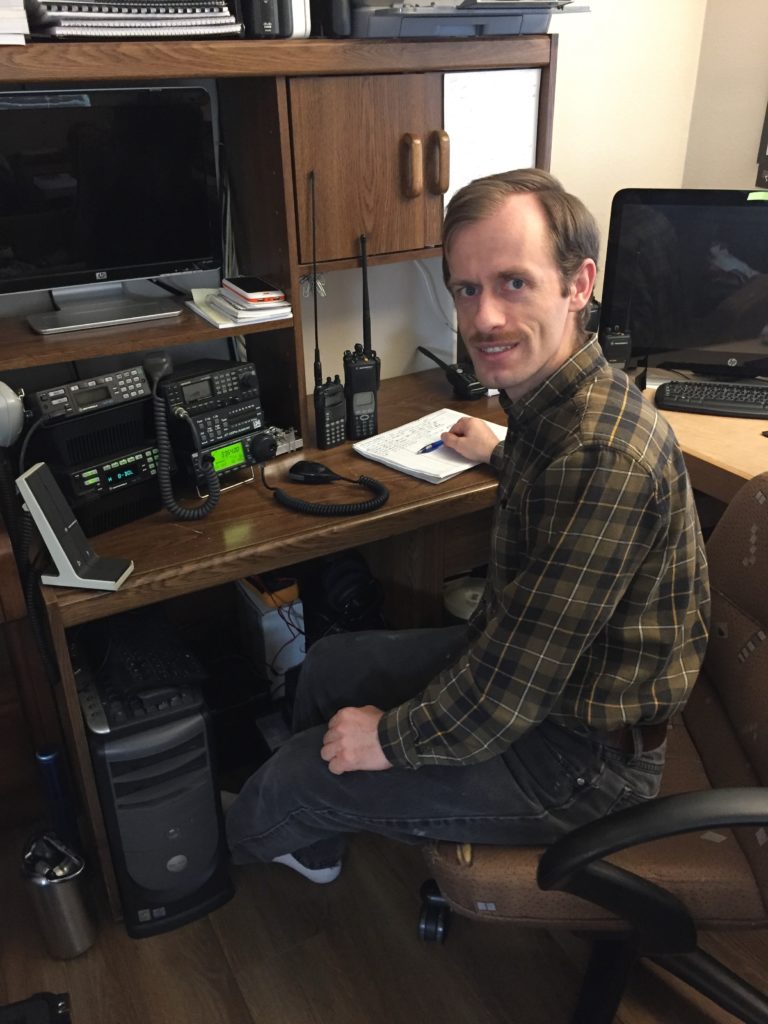Comments on FCC NPRM 20-270
Submitted to the FCC on:
October 16, 2020
Dear FCC team,
In regards to the proposal to charge a $50 fee for amateur licensing and renewals I fully support the ARRL’s position as laid out by David Siddall, K3ZJ, in opposing the charge (with the exception of vanity licenses in par 3).
While I recognize that it is fair for a person to pay for the administrative work done to issue their license, I would argue that the public service provided by amateurs should be recognized as a benefit sufficient to waive the fee in the public interest. Amateur radio is not just a hobby, not just a private activity operators engage in for selfish reasons; amateur radio is recognized as a service in the Part 97 rules and hams for over 100 years have shown their interest in serving the public with their own personal equipment and skills whenever they can. I argue that the culture of amateur radio could shift more inward and the perceived duty of amateur operators to serve the public in times of emergency may be reduced by the proposed fee for license grants and renewals. Maintaining a free licensing process in the amateur service will help to ensure that the hobby grows and thrives in a time when a majority of the population are drawn rather to their shiny smartphones and internet based devices which are completely dependent on infrastructure which are completely vulnerable in disasters.
All this said, I do support the proposed fee for only vanity licensing as this is only a perk and an option. Some amateurs appear to change their callsigns on a regular basis, and I don’t see any reason to necessitate this to be free.
If a general fee is adopted for all Amateur licenses, then I would request that, as David Siddall suggested, young people under 26 (or so) be exempted to promote interest among the younger generation who are especially caught up in IP-based technology and who (generally) show little interest in Amateur radio. I would also expect if a $50 fee is paid for a license grant that at least a paper copy of the license be mailed out to the licensee as included in the charge.
In conclusion I would like to remind those involved in making this decision of the purpose for Amateur Radio as set forth in these 5 principles from Part 97 (Subpart A, §97.1):
(a) Recognition and enhancement of the value of the amateur service to the public as a voluntary noncommercial communication service, particularly with respect to providing emergency communications.
(b) Continuation and extension of the amateur’s proven ability to contribute to the advancement of the radio art.
(c) Encouragement and improvement of the amateur service through rules which provide for advancing skills in both the communication and technical phases of the art.
(d) Expansion of the existing reservoir within the amateur radio service of trained operators, technicians, and electronics experts.
(e) Continuation and extension of the amateur’s unique ability to enhance international goodwill.
It is my opinion that the value to the public of the Amateur Radio Service and its licensees cannot be measured by any amount of money, and that to place a fee on Amateur licensing would confuse both its purpose and its value in the minds of not only its licensees, but the public as well.
Thank you for your interest in this issue,
Daniel Hill
KD7WER

